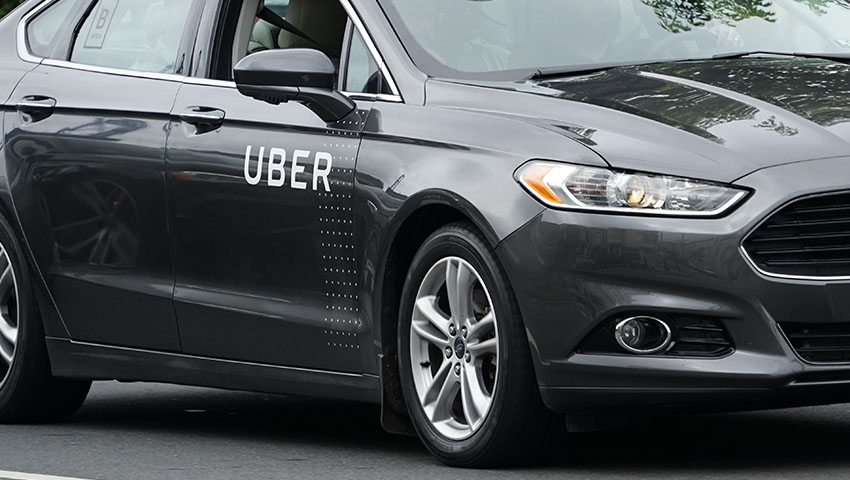Ride-sharing app Uber has been cleared by the Fair Work Ombudsman of being in breach of workplace rules, after an investigation was launched to determine whether its drivers are employees in the eyes of the law.

The Ombudsman said it had looked at “a wide range of evidence” as part of its investigation, including driver contracts, log records, payment statements and bank records, pricing schedules as well as interviews with both Uber Australia and drivers.
“For such a relationship to exist, the courts have determined that there must be, at a minimum, an obligation for an employee to perform work when it is demanded by the employer.
“Our investigation found that Uber Australia drivers are not subject to any formal or operational obligation to perform work.”
According to Ms Parker, local drivers are able to determine if and when they work, and for how long. As such, “Uber Australia drivers have control over whether, when, and for how long they perform work, on any given day or on any given week”.
“Uber Australia does not require drivers to perform work at particular times, and this was a key factor in our assessment that the commercial arrangement between the company and the drivers does not amount to an employment relationship,” Ms Parker said.
“As a consequence, the Fair Work Ombudsman will not take compliance action in relation to this matter.”
She stipulated that the investigation had looked solely at Uber Australia, and was not looking at the gig economy more broadly.
Ms Parker said that there are a wide range of business models used under the gig economy, and that allegations of workplace law breaches would be examined on a case-by-case basis.
Uber response
Responding to a request for comment on the FWO’s verdict, a spokesperson for Uber said that “driver-partners tell us they value the freedom of being their own boss. They choose if, when and where they drive. In fact, more than 90 per cent of driver-partners in Australia tell us flexibility is the key attraction to using the Uber app”.
“We welcome the fact that the Ombudsman’s findings recognise this,” they said.
“We believe that being your own boss does not need to come at the expense of security and support in work. Uber believes that everyone should have access to a set of affordable and reliable social protections, whatever category of employment they are in.”
The spokesperson added that late last year, Uber added a “partner support package” for people using the platform for work, which the company said would “provide them with peace of mind if they get into an accident or are injured”.
“We want to work with governments and the community to ensure Australians can access independent and flexible earning opportunities, without limiting their access to the support and security they deserve,” they said.
Not the only investigation into gig economy
Uber also noted that Australian regulators, including the Fair Work Commission, “have previously found that drivers using the Uber app are not employees of Uber”.
The gig economy, or share economy, came under considerable scrutiny in 2018. In June, Uber competitor Foodora was taken to court by the Ombudsman, accused of sham contracting. Roughly a month later, Foodora announced that it would abandon its operations in Australia — which some took as a sign of protest against Australia’s complex workplace laws.
Uber Eats, the food delivery arm of Uber, is also under a separate investigation by the ACCC after My Business aired accusations that it was in breach of unfair contract rules against SME restaurant operators.
A spokesperson for the ACCC told My Business, Lawyers Weekly's sister site, that “the ACCC’s investigation into Uber Eats’s contract terms with small businesses and consumers is continuing, and we are unable to comment further at this time”.